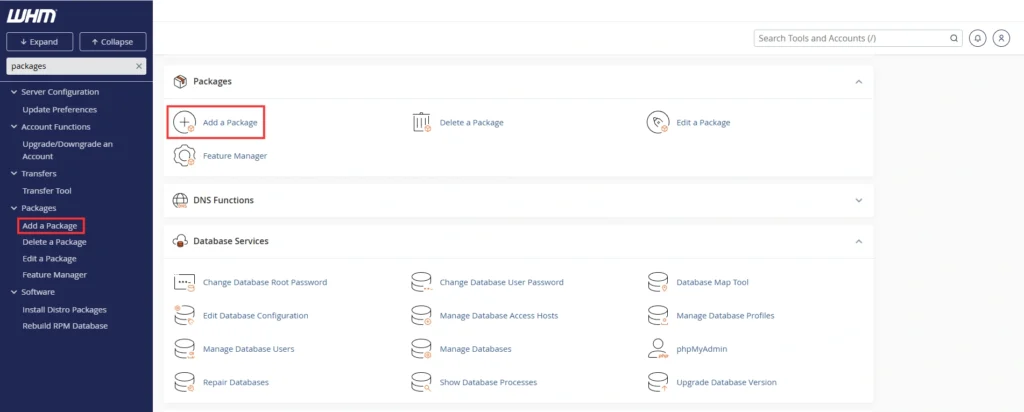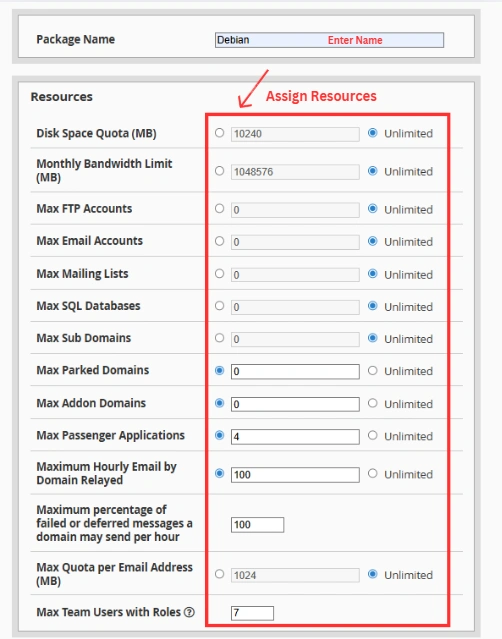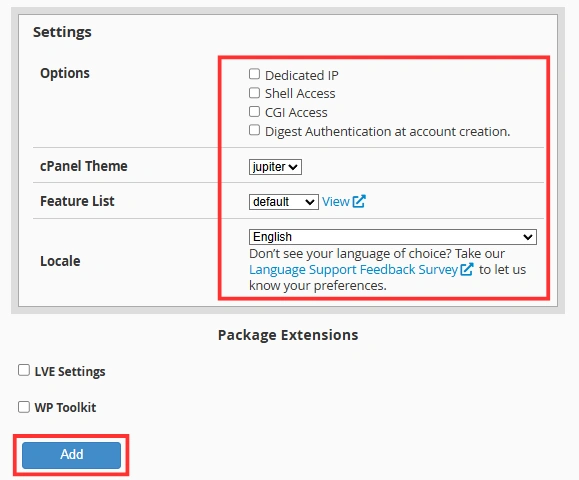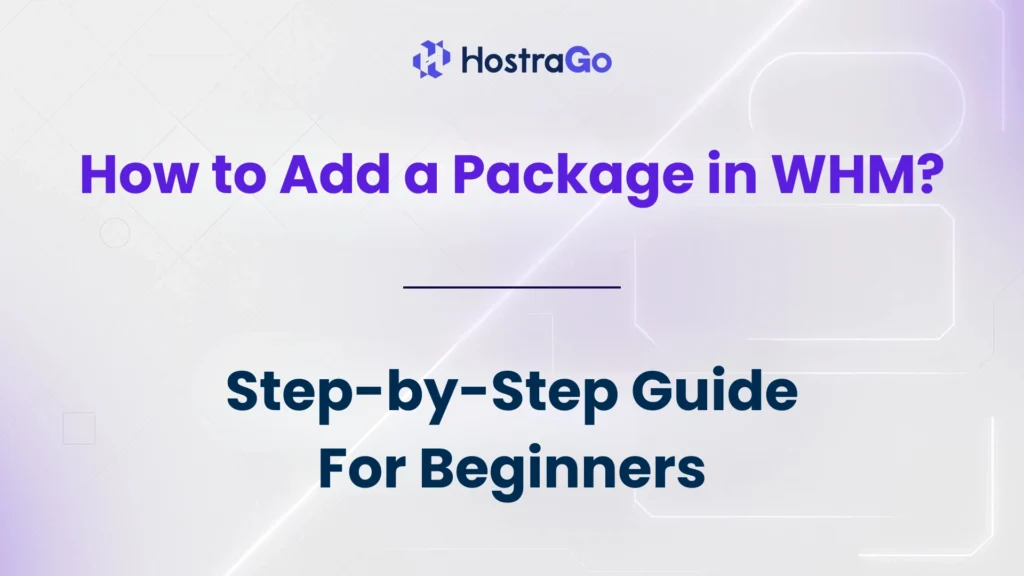Managing hosting accounts efficiently is a critical part of any web hosting business. If you’re running a reseller hosting service or managing multiple accounts on a dedicated or VPS server, using Web Host Manager (WHM) can save you loads of time. One essential feature within WHM is the ability to create custom hosting packages — also known as add a package in WHM. This functionality allows you to define limits for disk space, bandwidth, email accounts, databases, and much more.
In this guide, we will walk you through how to add a package in WHM, why it’s useful, and best practices to follow. Whether you’re a beginner or looking to scale your web hosting services with Hostrago, understanding WHM packages is crucial for efficient server and client account management.
What Is a Hosting Package in WHM?
A hosting package in WHM is a predefined set of resource limits assigned to a cPanel account. When you add a package in WHM, you set parameters like:
- Disk Space
- Monthly Bandwidth
- Number of FTP Accounts
- Email Accounts
- Databases
- Addon Domains
- Parked Domains
This is extremely helpful when offering various web hosting plans to customers — especially if you’re using reseller hosting from Hostrago. Instead of configuring resources manually each time you create a new cPanel account, you simply select an existing package.
Why Add a Package in WHM?
Adding packages helps in:
- Standardizing your hosting plans
- Avoiding over-allocating server resources
- Saving time during account creation
- Improving scalability as your business grows
For example, if you’re running a WordPress hosting service, you might have different packages like:
- Basic: 1GB Space, 10GB Bandwidth
- Standard: 5GB Space, 50GB Bandwidth
- Premium: 10GB Space, Unlimited Bandwidth
With these predefined options, onboarding new clients becomes fast and organized.
How to Add a Package in WHM? [Step-by-Step]
Let’s dive into the actual process of adding a package in WHM:
Step 1: Log in to WHM
Open your web browser and log into WHM using:
https://yourdomain.com:2087
Enter your root login credentials or reseller WHM login.
Step 2: Navigate to ‘Add a Package’
Once logged in:
- Use the search bar on the left
- Type “Add a Package”
- Click on the “Add a Package” link under the Packages section

Step 3: Fill Out the Package Details
Here you’ll enter:
- Package Name (e.g., Basic, Standard, Premium)
- Disk Quota (MB)
- Monthly Bandwidth (MB)
- Max FTP Accounts
- Max Email Accounts
- Max Databases
- Max Subdomains
- Max Parked Domains
- Max Addon Domains
Choose appropriate limits according to your hosting plans.

Step 4: Set Package Settings
Below the resource limits, you’ll find options like:
- CGI Access
- cPanel Theme (usually
paper_lanternorjupiter) - Feature List (choose
defaultunless you’ve customized it) - Language
You can leave these at default if unsure.

Step 5: Save the Package
Click the “Add” button at the bottom to save your new package.
Congratulations! You’ve now successfully added a package in WHM.
Editing or Deleting a Package
To modify an existing package:
- Navigate to “Edit a Package” in WHM
- Select the package name
- Update the details
- Click Save Changes
To delete a package:
- Go to “Delete a Package”
- Select the one you want to remove
- Click Delete
Pro Tips from Hostrago
- Always name packages clearly (e.g., “Starter_1GB”, “Pro_10GB”).
- Regularly review package limits based on customer feedback and server usage.
- Use feature lists to customize what tools your clients get in cPanel.
- Avoid giving unlimited resources unless you have robust server capacity.
- Offer different packages based on your customer segment: bloggers, businesses, eCommerce sites, etc.
Final Thoughts
Whether you’re managing a few websites or running a full-scale hosting business, knowing how to add a package in WHM gives you control, speed, and scalability. It allows you to deliver tiered hosting solutions with ease and maintain consistency across all your client accounts.
At Hostrago, we make managing your hosting business simple — and WHM is a powerful ally in that journey.
If you haven’t yet chosen a reliable hosting provider, check out Hostrago’s web hosting services — built for performance, security, and growth.


